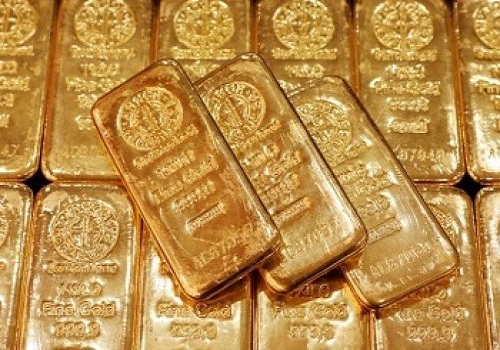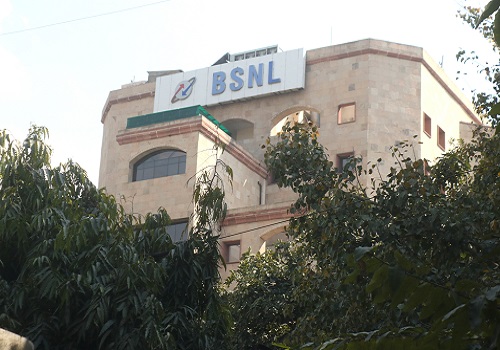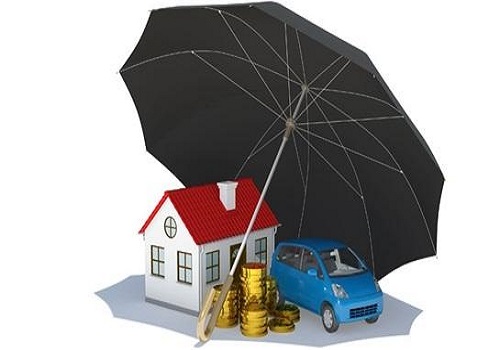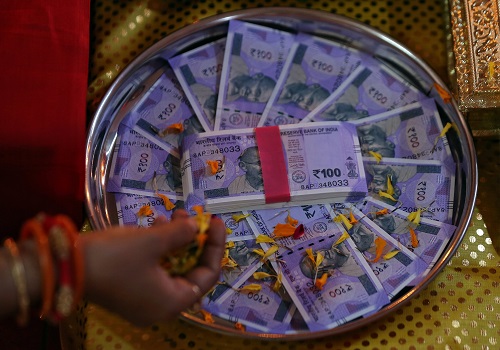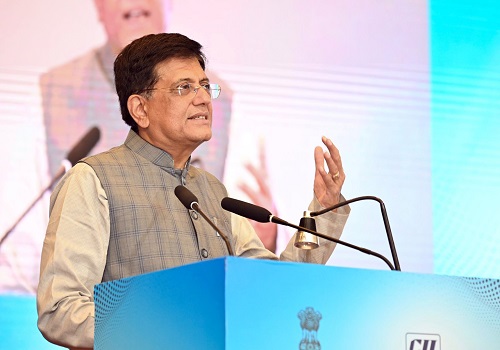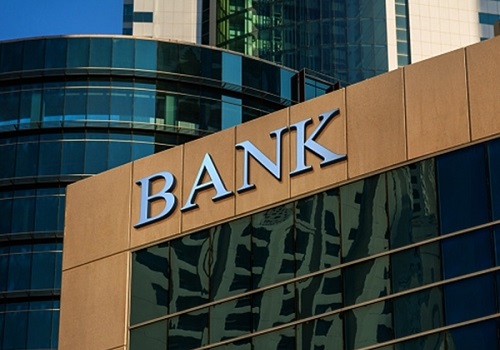GST Council recommends changes in GST tax rates, measures for streamlining compliances in GST

Follow us Now on Telegram ! Get daily 10 - 12 important updates on Business, Finance and Investment. Join our Telegram Channel
The 55th meeting of the GST Council, chaired by Union Finance Minister Nirmala Sitharaman, resulted in several significant decisions aimed at tax rate changes, trade facilitation, and compliance streamlining under Goods and Services Tax (GST). Among the major changes announced, the council has reduced the rate on Fortified Rice Kernel (FRK) to 5%. It has decided to increase the GST rate from 12% to 18 % on the sale of all old and used vehicles, including EVs. Currently, 18% GST is levied on sale of old and used petrol vehicles of engine capacity of 1200 cc or more & of length of 4000 mm or more; diesel vehicles of engine capacity of 1500 cc or more of a length of 4000 mm and SUVs. However, Finance Minister Nirmala Sitharaman clarified the 18% GST would only be levied only on the margin the difference between the purchase price and selling price (depreciated value if depreciation is claimed) and not on the value of the vehicle.
It also announced a full exemption of GST on gene therapy and contributions made by general insurance companies from third-party motor vehicle premiums to the Motor Vehicle Accident Fund. The tax rate on caramelised popcorn has been increased from 5% to 18%. The finance minister explained that when popcorn is mixed with sugar thereby changing its character to sugar confectionery, it would attract an 18% GST. Among other changes in rates, the council has extended the concessional 5% GST rate on food inputs that are supplied for food preparations intended for free distribution to economically weaker sections under a government program subject to the existing conditions.
It has also exempted gene therapy from GST, and cut the rate of Compensation Cess to 0.1% on supplies to merchant exporters at par with GST rate on such supplies. It also clarified that no GST is payable on the penal charges levied and collected by banks and NBFCs from borrowers for non-compliance with loan terms. The GST Council also gave an important clarification with regards to taxation of vouchers. It clarified that transactions in vouchers shall be treated neither as a supply of goods nor as a supply of services and that distribution of vouchers on principal-to-principal basis shall not be subject to GST. However, where vouchers are distributed on principal-to-agent basis, the commission/fee or any other amount charged by the agent for such distribution is taxable under GST.
Meanwhile, Finance Minister Nirmala Sitharaman has said that states did not agree on bringing aviation turbine fuel (ATF) under the ambit of Goods and Services Tax. She said ‘States did not feel comfortable. They didn’t want the ATF because they saw it as part of the crude petroleum diesel basket, and therefore they said that it alone cannot be taken out, and therefore that continues to remain where it is today’. Besides, she said no decision was taken with regard to reduction in GST on insurance premiums as the Group of Ministers (Go) needed more time to study the issue. She added many inputs are awaited including the one from insurance regulator IRDAI.

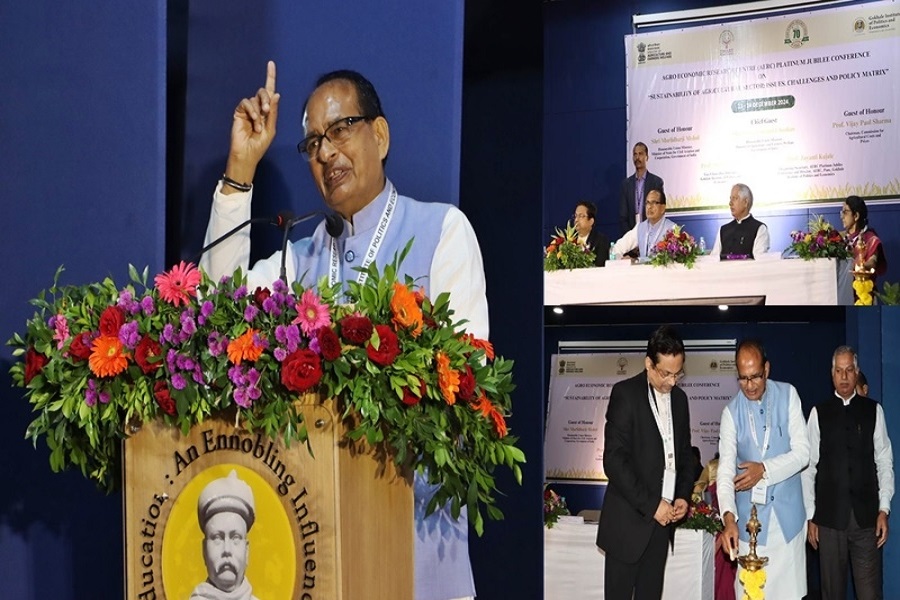


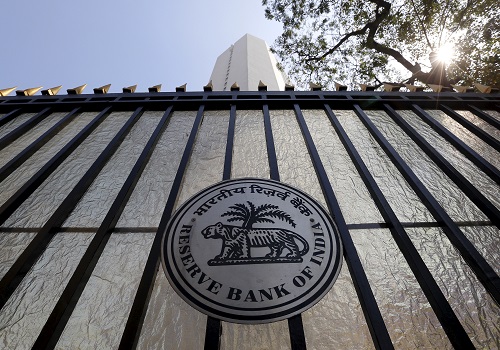

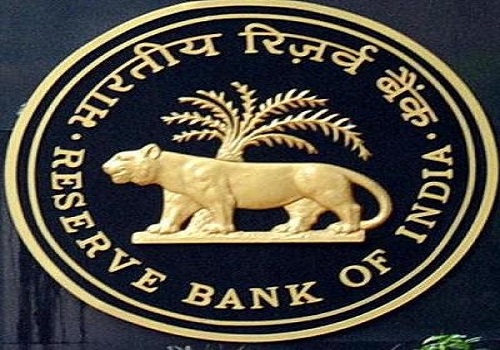

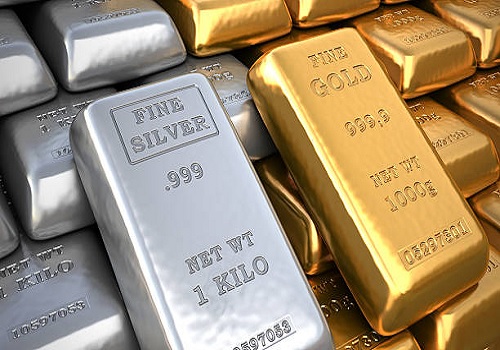

Tag News

Government striving to make India food basket of world: Shivraj Chouhan


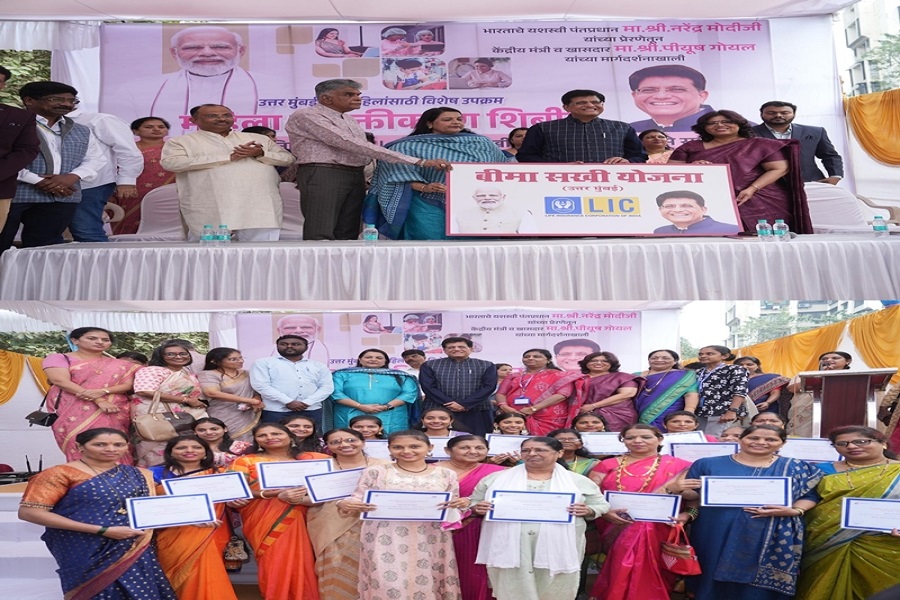


 320-x-100_uti_gold.jpg" alt="Advertisement">
320-x-100_uti_gold.jpg" alt="Advertisement">

